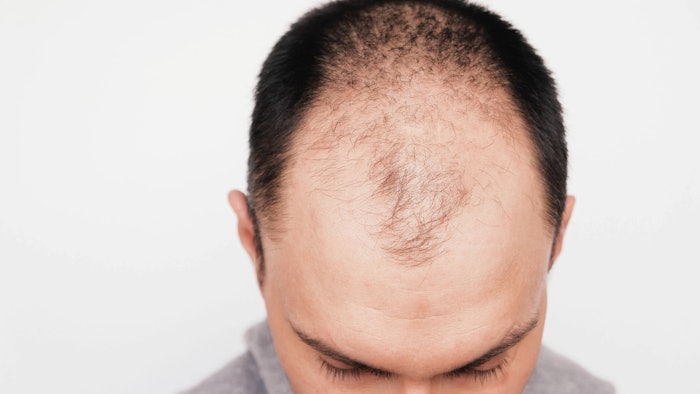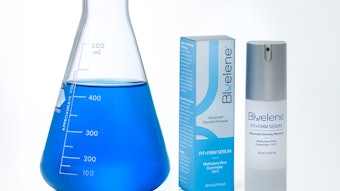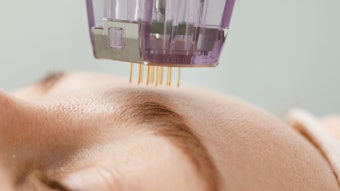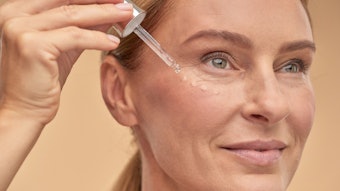
Researchers have discovered a novel biomarker to identify male COVID-19 patients most at risk for ICU admission. The findings, presented at the EADV 2021 Spring Symposium, suggest that men with genetic phenotypes sensitive to the male sex hormone androgen are more likely to experience severe COVID-19 disease.
Researchers were driven to study the association between the androgen receptor (AR) gene and COVID-19 after observing the disproportionate number of men hospitalized with COVID-19 presenting with androgenetic alopecia compared to the expected number in a similar age-matched population (79% versus 31-53%).
Androgenetic alopecia is known to be controlled by variations in the AR gene, which affects how sensitive the body is to androgens (hormones such as testosterone). In addition, an enzyme implicated in COVID-19 infection (TMPRSS2) is regulated by an androgen response element – meaning that it too may be affected by variations in the AR gene. As the polyglutamine repeat (CAG repeat) region located in the AR gene is associated with both androgen sensitivity and androgenetic alopecia; this research sought to identify the connection between CAG repeat region length and predisposition to increased COVID-19 disease severity.
A prospective study of 65 hospitalized COVID-19 positive men measured the AR CAG repeat length of each man. Researchers found that male patients with a CAG repeat below 22 nucleotides (CAG<22) were significantly less likely to be admitted into ICU than patients with a CAG count over or equal to 22 nucleotides (CAG≥22; p=0.05).
Dr. Andy Goren, chief medical officer, Applied Biology, Irvine, California, explains: “Our data shows that longer AR CAG scores are associated with more severe COVID‐19 disease and indicate that AR CAG repeat length could be used as a biomarker to help identify male COVID‐19 patients most at risk for ICU admissions. The identification of a biomarker connected with the androgen receptor is another piece of evidence highlighting the important role of androgens in COVID-19 disease severity.”
Further research conducted by Dr. Goren and his team, reported at the EADV Spring Symposium, explores a promising new therapy for COVID-19 using a novel androgen receptor antagonist to regulate TMPRSS2 expression and possibly treat COVID-19 patients. The results of this study were submitted for publication in a peer-reviewed journal.











